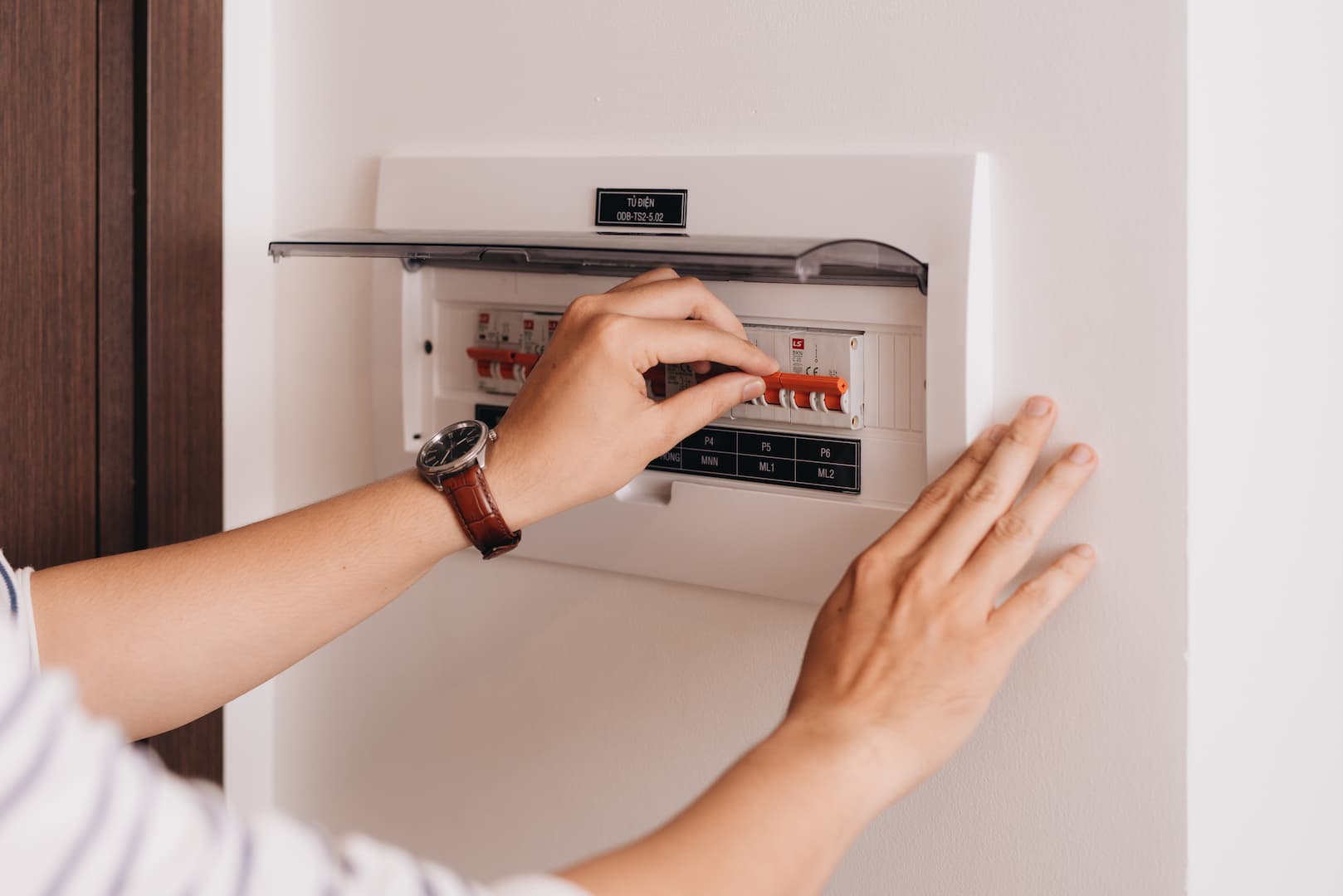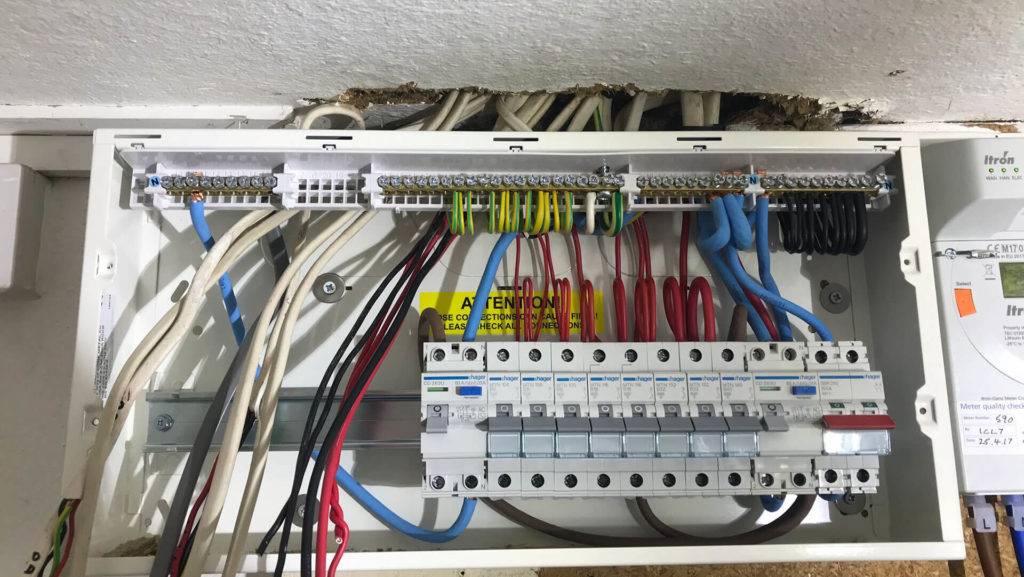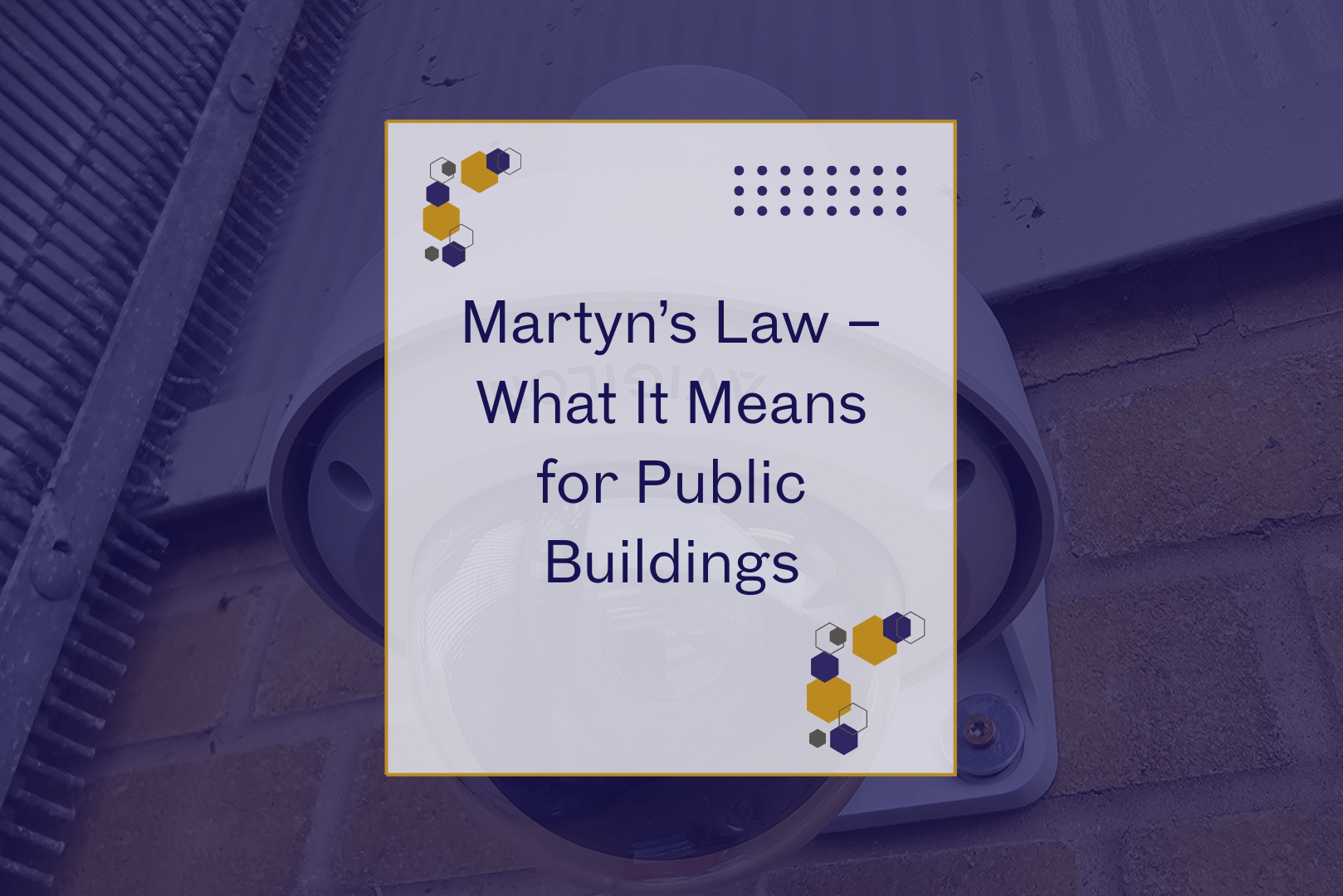When To Call An Electrician For Tripping Switches
You should call a professional (who is registered and insured) if:
- The breaker trips repeatedly despite your basic checks.
- You suspect a short circuit or earth‑fault (sparks, burning smells, damp external wiring).
- The fuse box is more than 20‑30 years old, or shows signs of damage or scorching.
- You’re planning to add a new high‑load appliance (e.g., an electric vehicle charger) and suspect your existing circuits may not be up to the task.
How To Prevent Fuse Box Tripping
- Spread heavy‑load appliances across different circuits where possible (e.g., ovens, washing machines, EV chargers).
- Replace older appliances that show signs of wear or faults (e.g., frayed leads, overheating, discolouration).
- Keep wiring in reach of inspection: check external socket wiring, loft cables, damp basement wiring.
- Consider replacing it if your home frequently trips or you’ve had renovations/added loads.
- For Chard area homes (especially older Somerset properties), remember that some wiring may date back many decades and might benefit from a rewiring review by a qualified electrician.
Contact Kings Group SW Professional Electricians Today
A circuit breaker that keeps tripping is not just a nuisance, it’s your home’s electrical system sending a warning signal. Whether the issue is an overloaded circuit, a faulty appliance, or something more serious like a short or earth fault, the sooner you investigate, the better. If you’re in or around Chard or Somerset and you’re dealing with this problem repeatedly, don’t hesitate to get professional help. Contact us today and we’ll ensure your system is safe, reliable and compliant.




